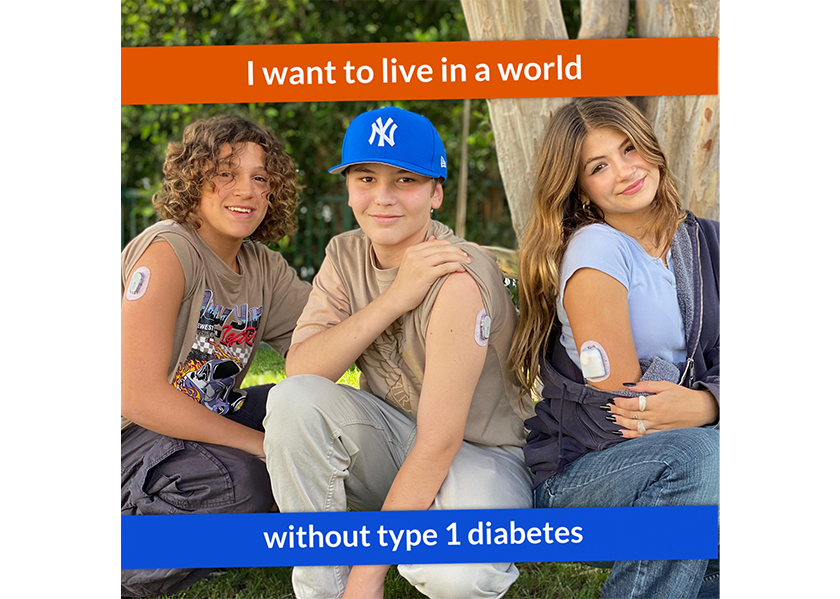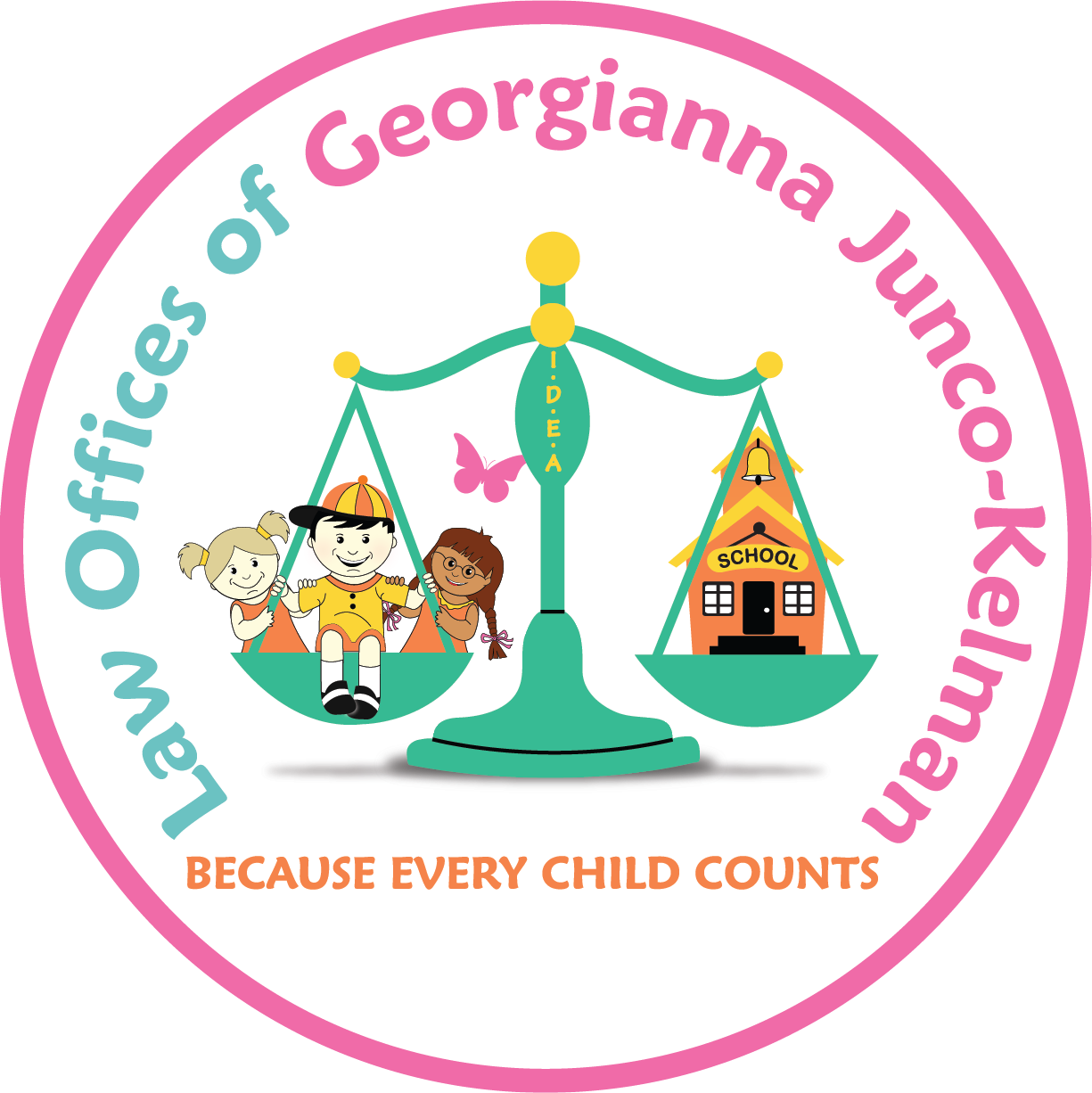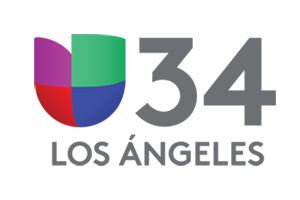
sECTION 504 MEETINGS
Section 504 of The Rehabilitation Act of 1973 reads:
“No otherwise qualified handicapped individual in the United States shall solely, by reason of his/her handicap, be excluded from participation in, be denied the benefits of, or be subjected to discrimination under any program or activity receiving Federal financial assistance (this would include public schools).”
The Rehabilitation Act of 1973 is a Civil Rights Statute designed to protect individuals with disabilities from discrimination. Its purposes are to maximize employment, economic self-sufficiency, independence, inclusion and integration into society. Section 504 of the Rehabilitation Act of 1973 guarantees that a child with a disability receives an education that is comparable to an education provided to those who do not have a disability.
The Difference Between Section 504 and IDEA:
Since section 504 is a Civil Rights law and the Individuals with Disabilities Act (IDEA) is an educational law limited to 14 specific categories of disability, a child who receives services under Section 504 does not benefit from the mandates as a child who receives special education services under IDEA.
Keep in mind that there are several pieces of enacted legislation that protect children with disabilities. Even though your child may not qualify for certain services under IDEA, this does not mean that other laws cannot offer remedial alternatives.


Examples of Disabilities that Fall Under Section 504 instead of IDEA:
- Children with a normal ability to learn academically, but who have a mobility impairment, use a wheelchair, have a neurological disorder, or are missing a limb.
- Children with a normal ability to learn academically but who have a medical condition such as epilepsy, hemophilia, diabetes, AIDS, arthritis, allergies, asthma, tuberculosis, cancer, spinal bifida and cerebral palsy.
- A child who has frequent referrals for behavioral problems or is under a doctor’s care for a psychological condition such as anxiety or depression.
- A child can qualify for services under Section 504 only IF the disability is shown to substantially limit his or her educational performance.
- A child may be referred by anyone including a parent, teacher, school employee, or community agency. If the child fails to qualify for special education under IDEA, they may be referred for a 504 evaluation.
- The evaluation should include classroom observations, performance-based testing, academic assessment, teacher and parent reports, and medical and/or psychological evaluations.
- If the team determines that the child qualifies for accommodations or modifications, the team is responsible for writing a formal plan.
A 504 Plan should:
- Specify how the modifications or accommodations will be provided and by whom.
- Name the person who will be responsible for ensuring that all components of the plan are implemented (case manager).
- Be distributed to all of the child’s teachers, specialists, and support staff.
- Be placed in the child’s cumulative file.
- Plans should be revised and updated every year, but each district may decide when the plan will be reviewed.
- The child will be placed in the regular education environment unless it is demonstrated that the student’s needs cannot be met in the regular education environment. If this is the case, the child may receive special education services or services from support staff.
- The referral, assessment, evaluation and placement process should be completed within a reasonable time and should not exceed 60 days.
We will explore the existing laws and determine the best course of action for your child together. Call our office for a courtesy consultation.
Trusted Media Advisor
Different. Not Less.
Please reach out to our office so that Georgianna can assist you in the pursuit of securing a meaningful education for your child. We offer a 30-minute complimentary consultation for the analysis of your case.











